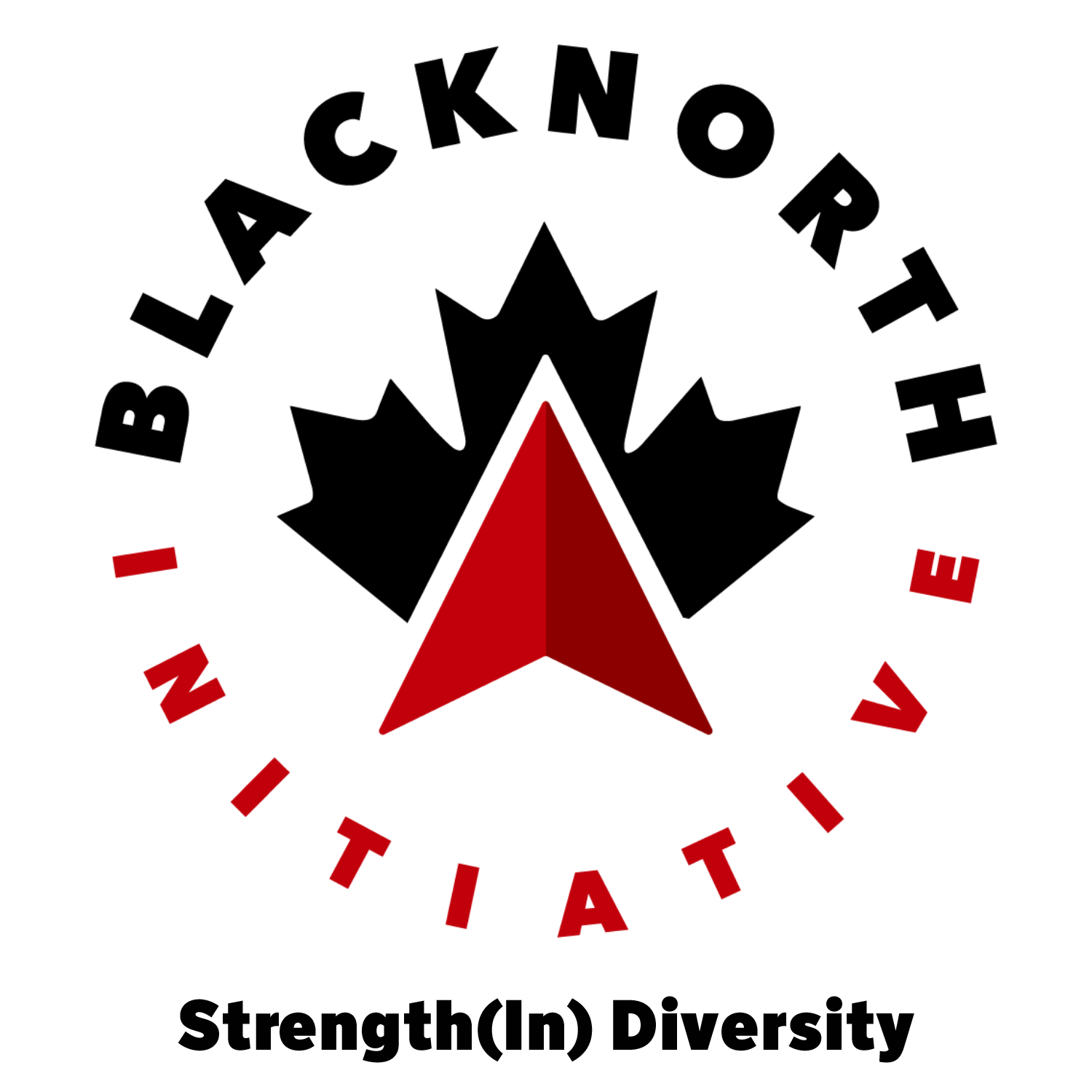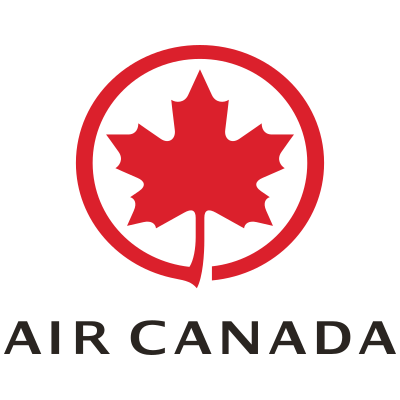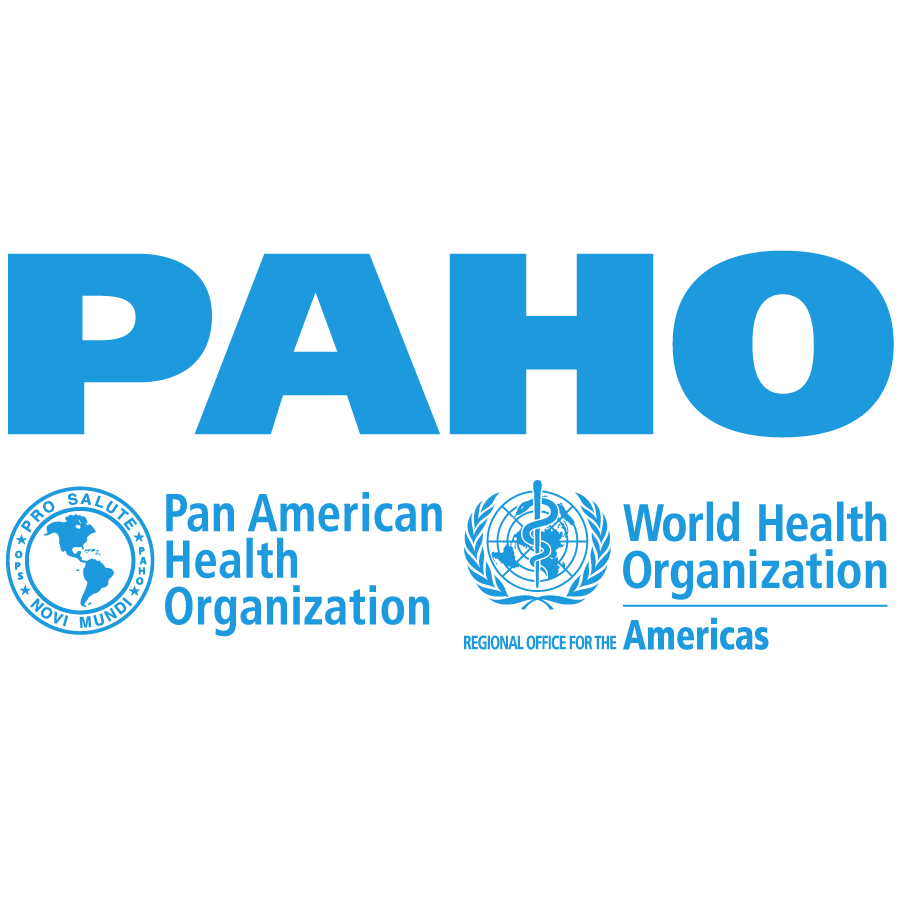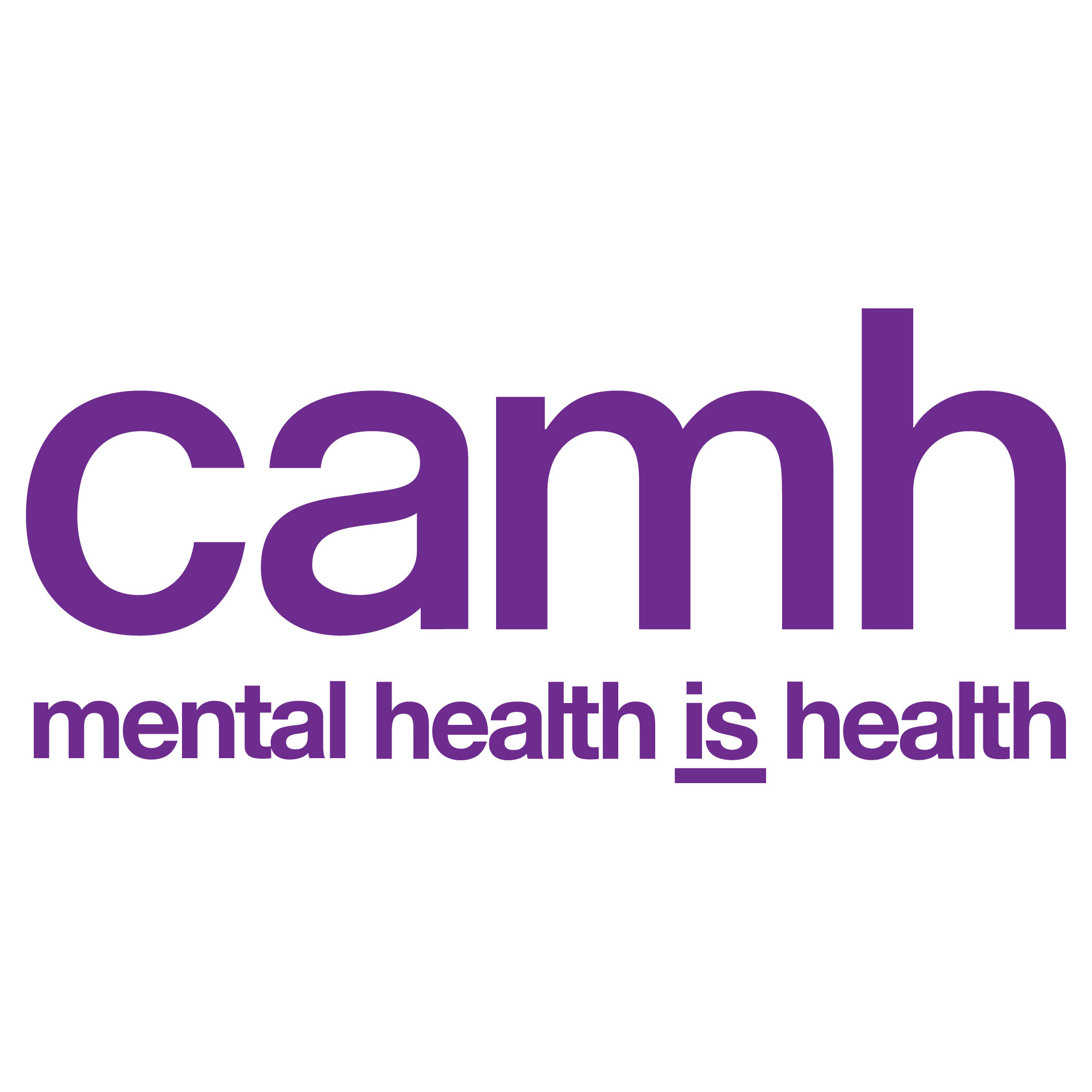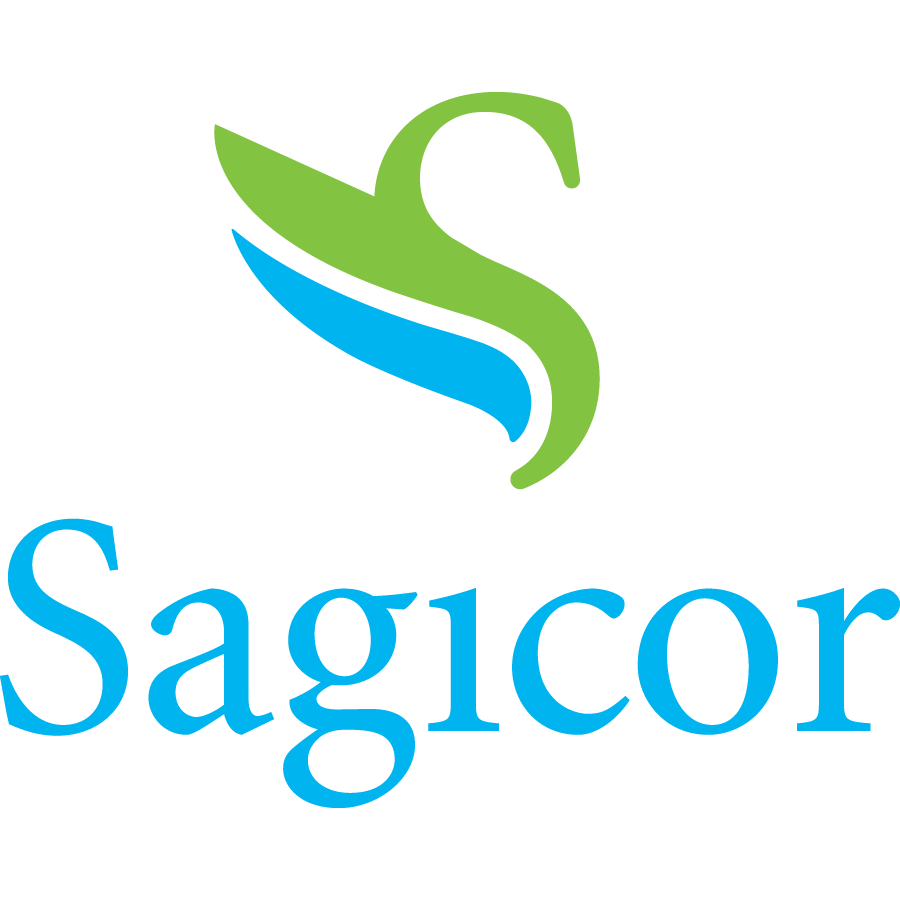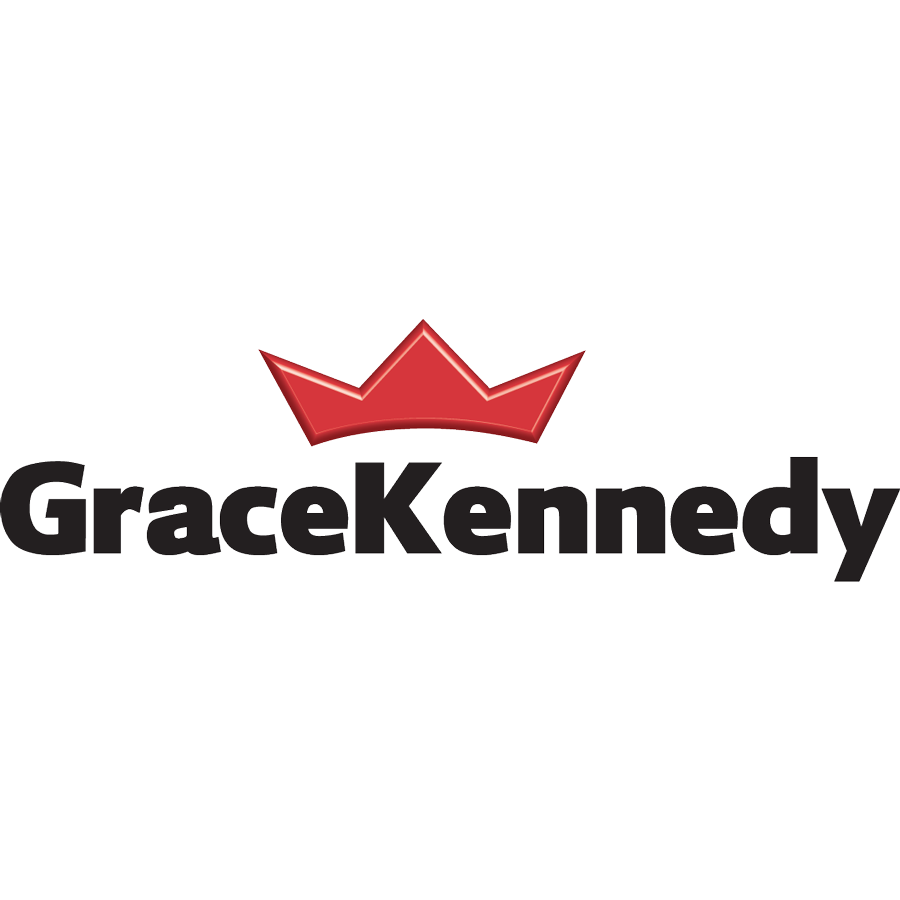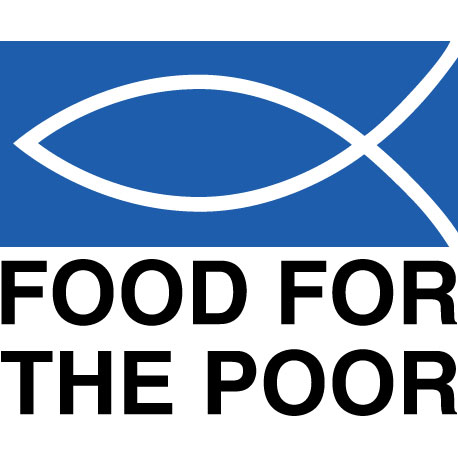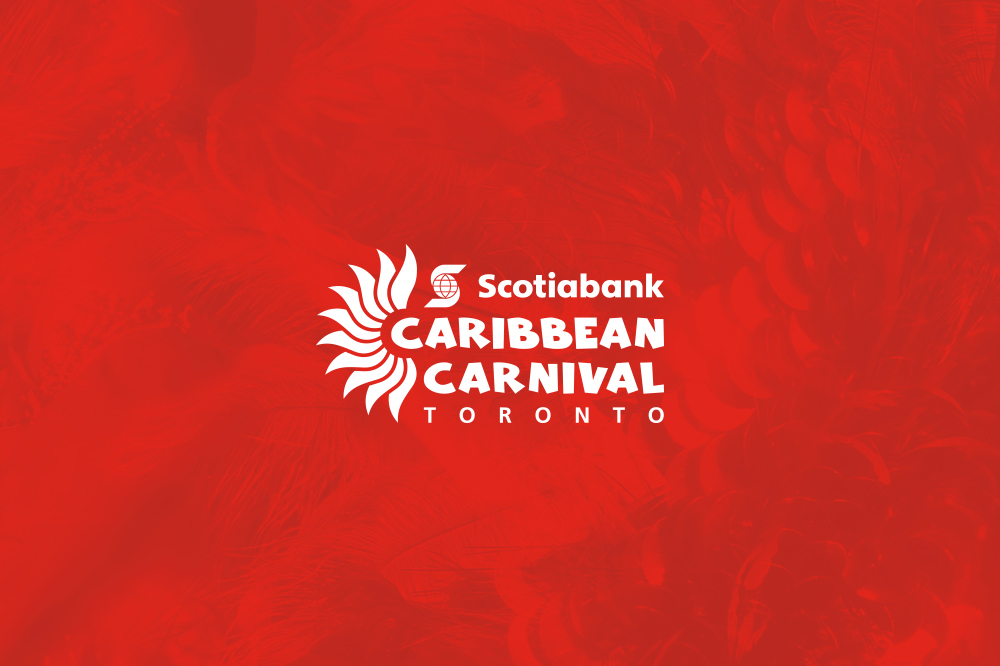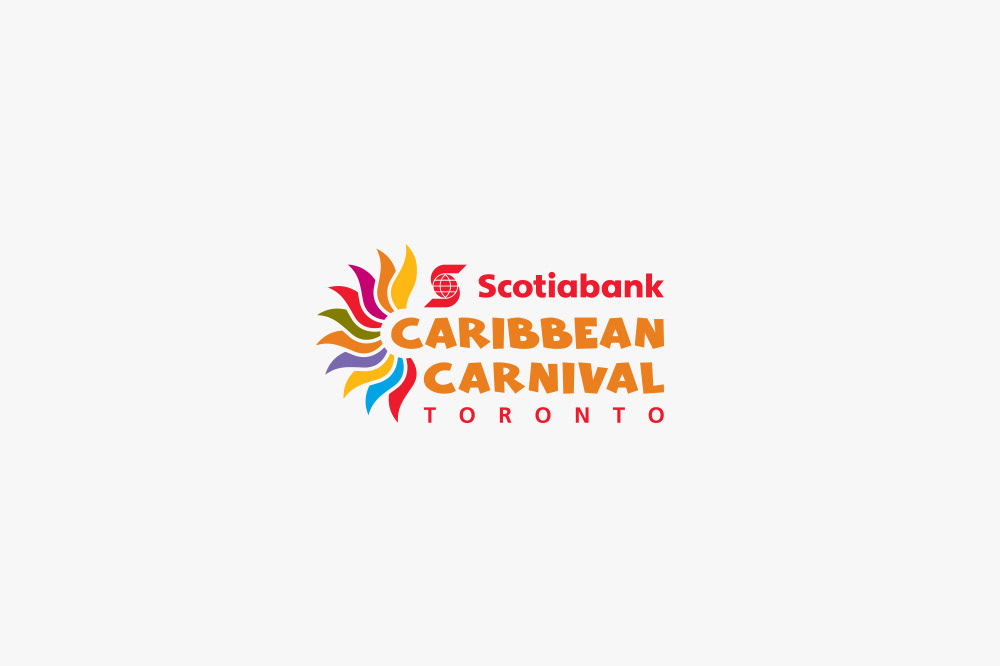On February 14, 1922 Dr. John Grace and Mr. Fred William Kennedy established Grace, Kennedy & Company Limited in Kingston, Jamaica to carry on a general mercantile, shipping and insurance business.
Today it is known as GraceKennedy Limited, one of the Caribbean's largest groups of companies with over 2,500 employees. Publicly listed on the Jamaica and Trinidad & Tobago Stock Exchanges, it is the parent company for over 40 subsidiaries with operations spanning Jamaica, other Caribbean countries, Belize, the USA, UK, Canada, and Africa operating mainly in the food and financial services industries.
The Food Trading Segment, GK Foods, comprises six factories which produce a number of products under the flagship Grace brand, other GraceKennedy-owned and also some third party brands; marketing and distribution companies in Jamaica and overseas; as well as retail outlets through Hi-Lo Food Stores supermarket chain in Jamaica. The GraceKennedy Group distributes food products bearing the Grace brand, other GraceKennedy-owned brands, and the brands of its principals in over 40 countries around the world. In Jamaica, Africa, Canada, Belize, the USA and the United Kingdom, the company distributes its offerings through fully-owned subsidiaries based in these locations. For the rest of the world, its products are marketed and sold through independent distributors.
The Financial Services segment, GK Financial Group, comprises commercial banking, general insurance, insurance brokerage, investment banking, remittance, cambio and bills payment services businesses.
The company's insistence on the high quality of its products and services, as well as being true to its founding principles of honesty, integrity and trust, has made it a household name in Jamaica and the rest of the Caribbean.
Committed to being an exemplary Corporate citizen and mindful of its responsibility to give back to society, GraceKennedy has contributed generously to Jamaica's development through the years. In addition to providing financial assistance to a host of worthy causes, GraceKennedy has institutionalised its programme of support through its two Foundations. These are the Grace & Staff Community Development Foundation (Grace & Staff) and the GraceKennedy Foundation.
Grace & Staff offers assistance to under-resourced communities located in proximity to GraceKennedy operations. Established in 1979, Grace & Staff has directly reached more than 10,000 community residents. At present nearly 600 students receive support through the homework centres as well as tuition bursary support, career guidance and counselling.
The GraceKennedy Foundation, established in 1982, focuses on giving assistance in the areas of education and protecting the environment. In addition to the award of annual scholarships and bursaries to students, the GraceKennedy Foundation contributes to long term thought leadership and innovation in workforce development and social and environmental management through the Professorial Chairs in Management and Environmental Management at The University of the West Indies. The professors have supervised over 50 Masters and PhD students in areas critical to national development including migration, environmental management, sustainable tourism, and Caribbean regional integration.
GraceKennedy's subsidiaries based outside of Jamaica are also actively involved in giving back to communities wherever they are located.
